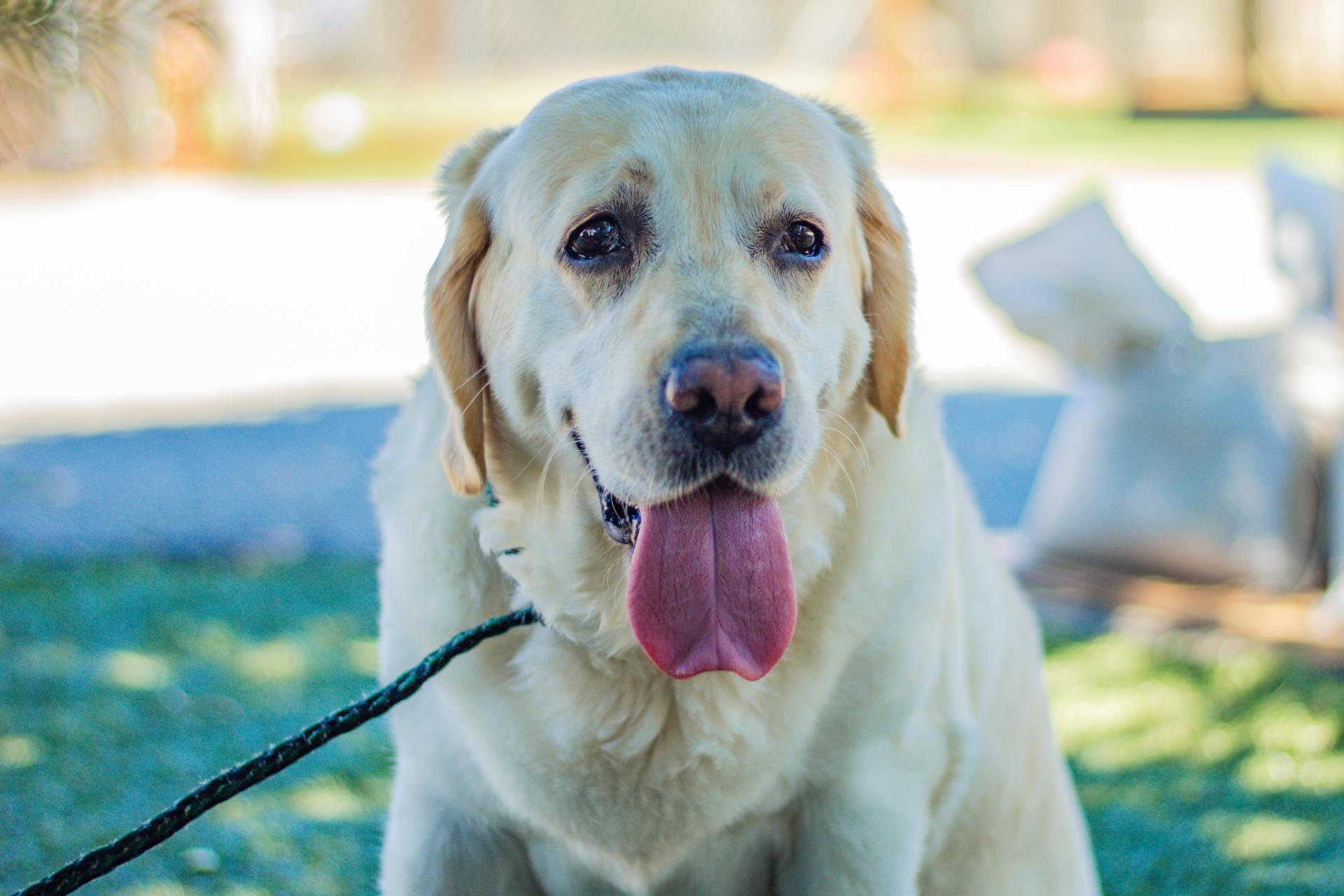Tips for Taking Care of Your Ferret
Would you like to bring home an adorable pet? A ferret could be a good fit for you. Cute, fun, and very, very entertaining, these mischievous little creatures will keep you entertained and on your toes. However, Ferrets require a great deal of tender loving care. Here are some tips from a Fort Myers, FL veterinarian.
They Will Try To Escape
Ferrets are quite skilled at escaping. Ferrets can escape through incredibly small openings, including shower drains! They’re also pretty good at squeezing into tight spots under beds and couches.
Ferrets Need Good Cages
It’s important for your furry friends to have a spacious and cozy cage. You’ll need to add fun toys, comfy bedding, and accessories, such as dishes and a litterbox. Ask your vet for specific advice on this, including tips on bedding and toys.
Ferrets May Bite
Ferrets can occasionally nip, whether during play or if they become startled. It’s worth noting that this isn’t necessarily an indication of aggression. Ferret kits also engage in playful biting with one another. Their thick fur provides them with protection from their lively housemates. Our skin, on the other hand, doesn’t stand a chance against those teeth. This is definitely worth considering if you have little ones.
They Need Some Grooming
Baths aren’t necessary, but ear cleaning and nail trims are. Just a heads up, hairballs are something to watch out for. You might want to discuss hairball preventative products with your vet.
Proper Veterinary Care Is A Must
Ferrets can be prone to a few health problems. Some of the health issues to be aware of are cancer, parasites, adrenal disease, ear mites, heart disease (specifically dilated cardiomyopathy), and tumors. It’s important to watch closely for any signs of illness in your pet.
Here are some of the things to watch for:
- Vomiting
- Drooling
- Cough
- Trembling
- Weight loss
- Abdominal swelling
- Lethargy
- Weakness
- Trouble breathing
- Appetite loss
- Black feces
- Bloody stools
- Diarrhea
- Hair loss
- Itching
- Reduced muscle tone
- Seizures
- Sneezing
If you notice anything unusual, contact your Fort Myers, FL, veterinarian as soon as possible.
They’re Full Of Mischief
If your ferret is confined to its cage for extended periods of time, he may become bored and restless. Therefore, it is crucial to provide your pet with ample daily free time in a secure, properly ferret-proofed area.
Ferrets Need Specialized Diets
Ferrets have unique dietary requirements. They are carnivores, and thrive on regular, small meals that consist primarily of meat.
Therefore, it’s important to ensure their diets contain the right proportions of protein and fat. Ideally, your pet’s food should have a minimum of 20 percent fat and approximately 40 percent protein, with less than five percent carbohydrates and fibers. There can be some variation here. For example, a pregnant or young ferret may require up to 30 percent fat.
Understanding pet food labels can provide helpful data about the quality of a particular product, but it can be a bit challenging. Find a product that prominently features meat as the main ingredient. An ideal ferret food should include appropriate fats and fatty acids, like chicken fat and omega 6 or 3 fatty acids. Steer clear of things with sugary ingredients like corn syrup or sucrose, grain-based proteins, and fillers such as corn or rice gluten, soy meal, and soy flour.
Something else to keep in mind? Ferrets can become quite obsessed with their preferred foods. While that may sound adorable, it could potentially lead to significant issues if your furry friend’s preferred food were to become scarce. If you’re getting a baby, provide a range of options for your pet while they’re still young.
Duck soup is pretty popular with these guys. Recipes (that don’t necessarily have to include duck) can be easily found online.
It’s also important to be aware of what can harm your furry friend. Some items on the list are sweets, dairy products, raisins, fruits and vegetables, chocolate, grapes, avocado, xylitol, rice, salt, peanut butter, nuts, grains, and anything high in sugar.
Ask your vet for specific advice, including safe and unsafe foods, portion sizes, and feeding times.
They Need Climate Control
Ferrets can easily become overheated during the summer months, and require a snug and comfortable environment during the winter. In hot weather, you can freeze small water bottles and put them in your pet’s cage. Your ferret might enjoy having a small pool to splash and play in. (Then again, they may not: ferrets are quite divided on whether they are supposed to like water or not.)
During the colder months, it’s a good idea to include additional blankets to snuggle up in. (Tip: many ferrets also like it when their humans wear hoodies with pouches, as those pouches make great ferret nooks.)
Ferret Kits Are Adorable … And A Handful
Ferrets are very full of energy when they are young. Be ready to dedicate a significant amount of your time and energy to caring for a young ferret. (Please remember that ferrets younger than two months should remain with their mothers.)
They’re The World’s Cutest Thieves
Ferrets have a reputation for, well, collecting things. They’ll snatch up anything they can get their hands on. In fact, they may be the most adorable little bandits on the planet. (Fun fact: thieves used to train them to pick pockets.) They will run off cell phones, car keys, inhalers, and anything else they can carry or drag away.
Watch your cute little thief and find out where they stash their hoard. Monitor the spots where your pet tends to stash its belongings. When searching for something, start there.
They Need To Have Friends
Ferrets are very sociable creatures and thrive with a companion or two. It’s important to find the perfect fit, of course. (Bonus: you’ll be treated to an extra dose of ferret charm.)
You Can Adopt Them
If you’re considering bringing a ferret or two into your home, check to see if any are available for adoption at a local rescue organization or animal shelter. We love seeing pets get a fresh start!
You’ll Have To Ferretproof … Everything
Ferrets have both an insatiable curiosity and a knack for getting into anything and everything. You’ll need to keep anything dangerous out of reach of those adorable little paws. That includes small and sharp objects, plastic wraps and ties, items with ropes and cords, chemicals, medication, and toxic plants.
Take a moment to get down on the floor and see things from your pet’s perspective. Ferrets have a knack for finding their way into or under objects such as futons, recliners, and couches. Seal off any openings behind and beneath furniture and appliances.
Ask your vet for specific ferretproofing tips.
They Need Love
Like any other pet, ferrets need lots of love and attention. Spend time with your little buddy every day!
Make An Appointment With Your Fort Myers, FL Veterinarian
Have you recently adopted a ferret? Are you thinking of getting one of these super cute little pets? Please do not hesitate to contact us if ever we can be of assistance. As your local Fort Myers, FL pet hospital, we are always here to help!





